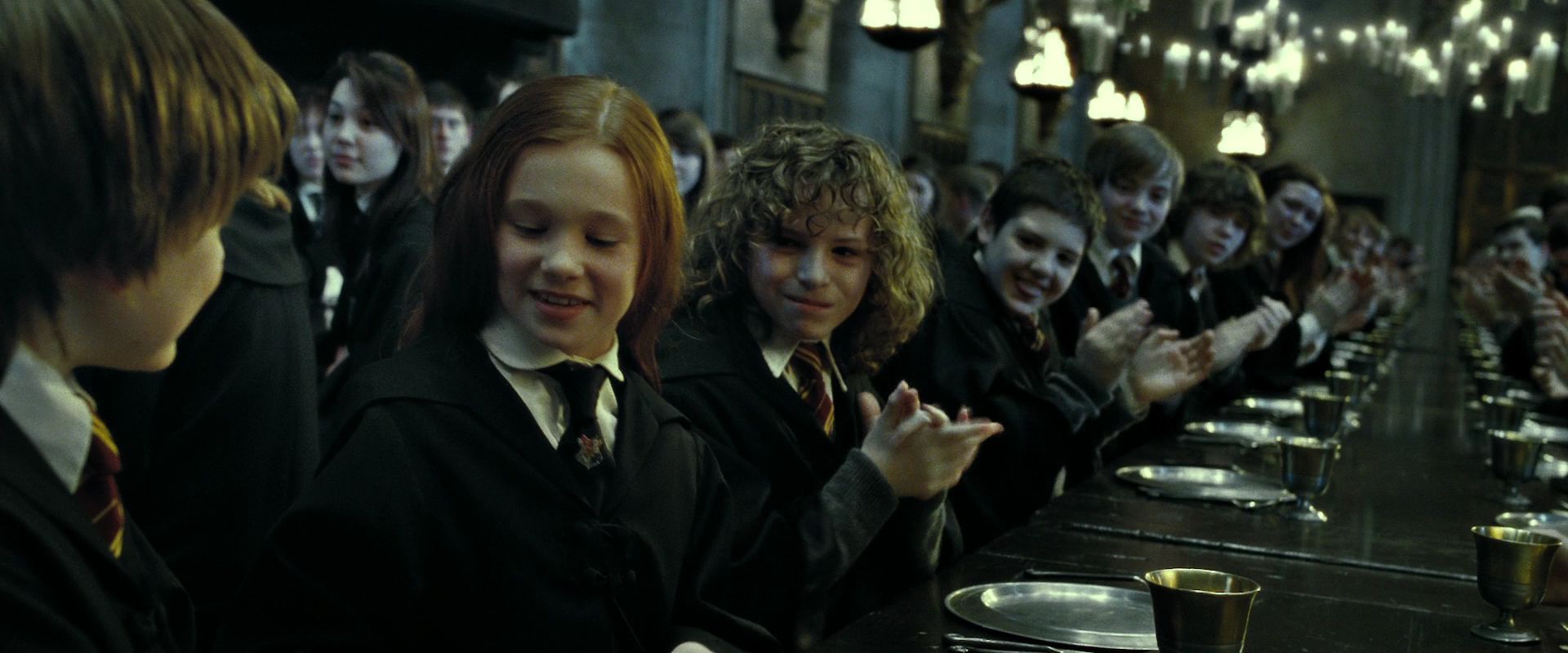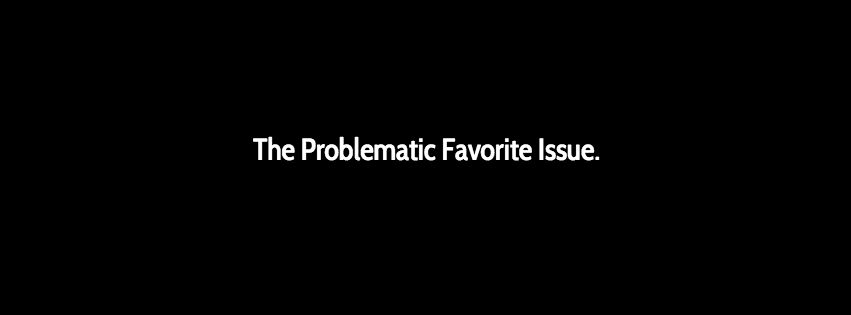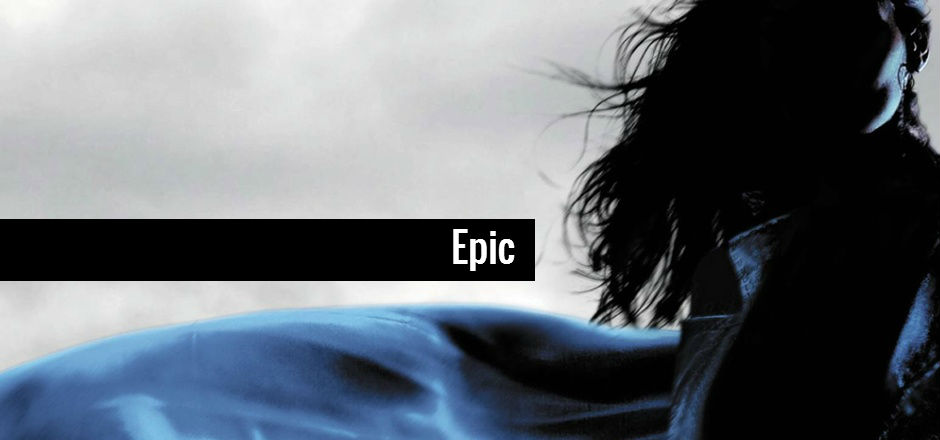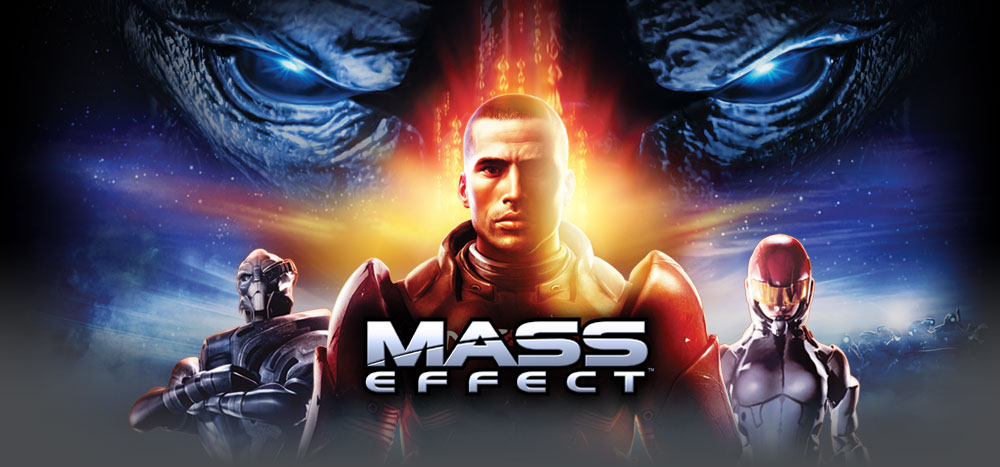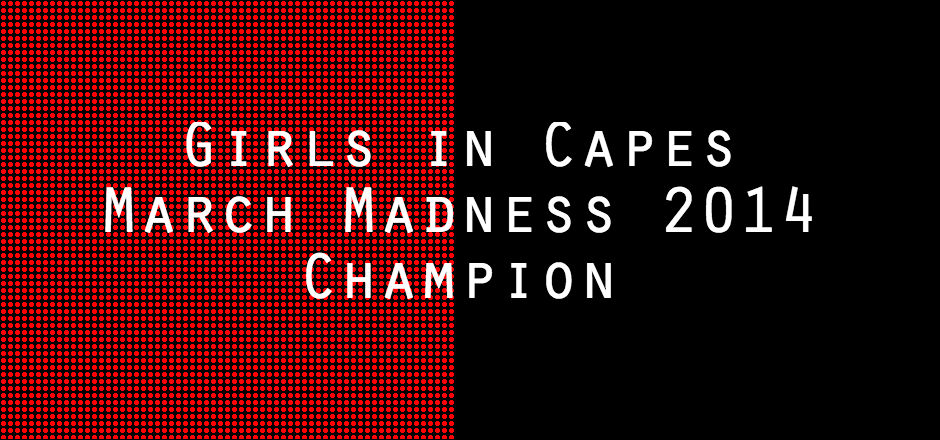For a lot of people, yesterday was about costumes, candy, and scary things. For me, Halloween is a bit more solemn, because October 31 is the day one of my childhood friends became an orphan. I first met him when I was in third grade; we got along rather well, even if he WAS three years older at the time, and I met him weekly without fail, finding comfort in his successes despite lacking the parental support I was always accustomed to having.
I loved my orphaned best friend even if he was a fictional character, and to anyone else who fell in love with the Harry Potter series as a child, Halloween will always be the day that Lily and James Potter were killed.
There’s no way I was the only the only third grader whose favorite book featured a parentless child: children’s books and children’s book characters are filled with orphans on adventures, from the optimistic Anne Shirley from Anne of Green Gables to the slightly dark Harry Potter and even classics like Jim in Treasure Island. Others, such as Meg Murry from A Wrinkle In Time, are orphaned in a less literal sense: Meg’s father is missing, and her adventure with her siblings is largely without adult supervision.
It’s not like orphans are restricted to children’s books, either: dystopian YA bursts at the seams with both literal and figurative orphans, sci-fi movies like Star Wars and Avatar feature orphaned protagonists, and it’s almost like a person can’t become a superhero without becoming an orphan.
So what is it about orphans that fascinate us so intensely?
The staff at Girls in Capes will be looking for answers to that and other questions. Why are many comic book superheroes both literally and figuratively orphans? What’s the difference between shounen orphans and shoujo ones? How many different kinds of figurative orphans are there, anyway?
Join us this month as we explore the many stories of orphans that fill geek culture. Who are your favorite (literal and figurative) orphans in geek culture? What are you hoping to see this month?
Feliza Casano is the founder and editor in chief of Girls in Capes and writes for all sections of the web magazine. Follow her on Twitter @FelizaCasano.
